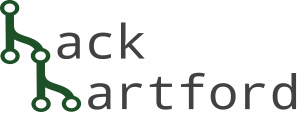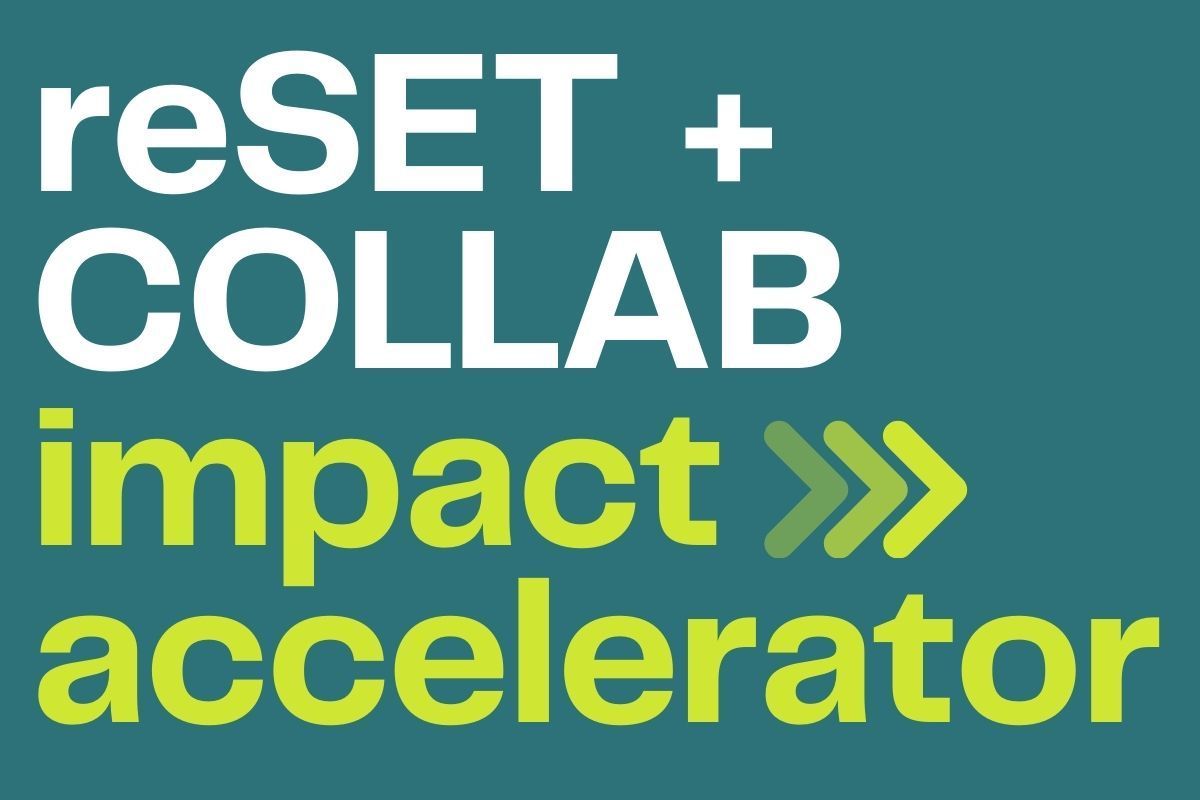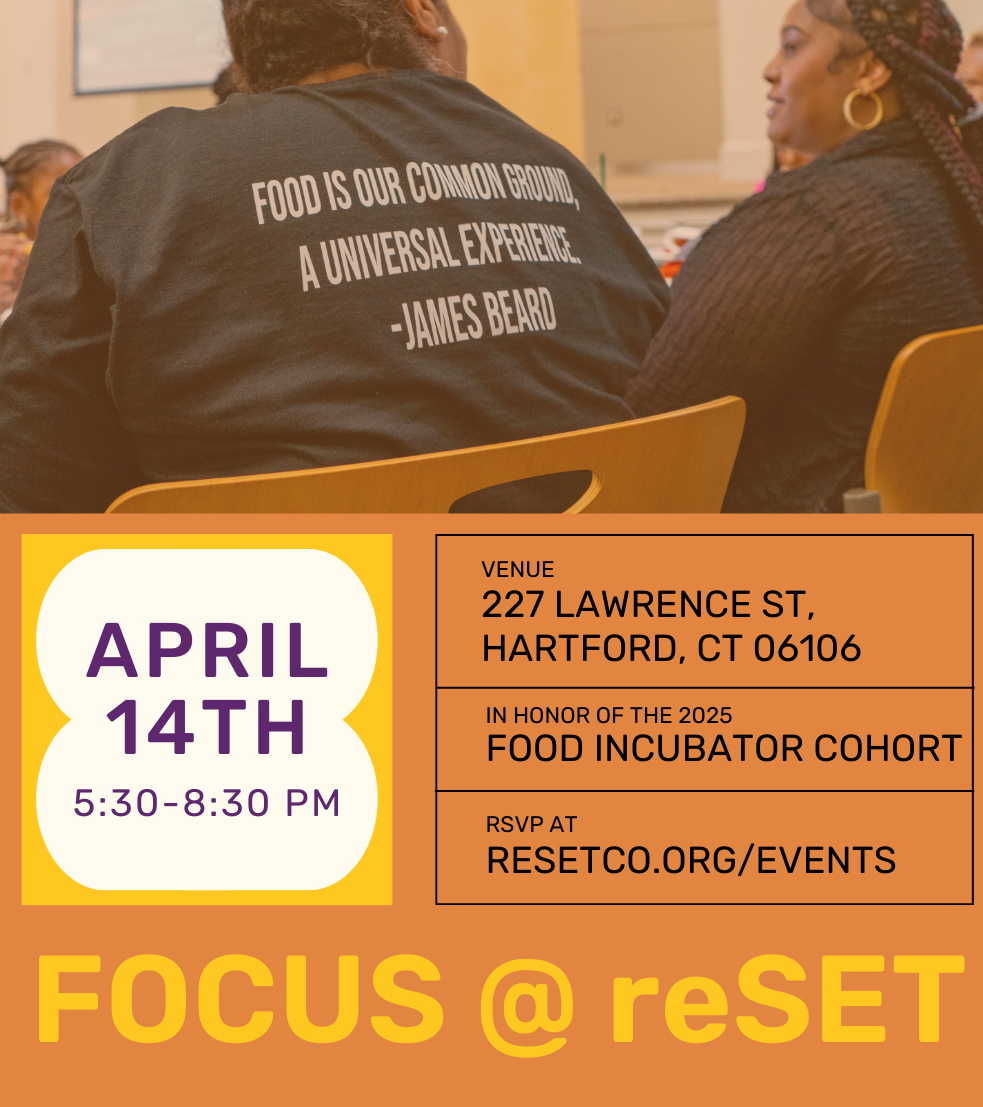On Saturday, Jan. 17, seventeen people came together for Connecticut’s first civic data hackathon focused on public safety. It was also the first time that Connecticut and Hartford’s Open Data Portals (Data.CT.Gov & Data.Hartford.Gov), hosted by Socrata, were used as the primary resource for building and mocking up apps to help the community.
Hackathon Context
The event was hosted in partnership with reSET, Social Enterprise Trust, and with support from the Hartford Foundation for Public Giving, as the first in a series of hackathons designed to establish a community of analysts, designers, and developers interested in civic data and technology, as well as to begin taking advantage of the open data resources now easily available in Connecticut.
This first event was organized to find creatives uses for the wealth of public safety data now available in a machine readable (easily processed by a computer) format. As a pilot event, our primary goal was to introduce the concept of civic hacking and leave after a day of discovery with some new ideas for how the city of Hartford and communities across the state could benefit from apps that use data on police/fire incidents in Hartford, and arrests/offenses across Connecticut.
Follow this link to view a Google Doc containing details from the entire hackathon.
The event opened with presentations from Dane Silcox, of the Connecticut State Police, on the Uniform Crime Reporting System, with additional context provided by Officer Christopher Van Wey of the Hartford Police Department (HPD), and an introduction to Socrata and its Open Data API, delivered by Mark Silverberg and Tej Chigateri. Then, the participants broke into three teams to see what they could produce using the data sets. Officer Van Wey provided guidance throughout the day based on his experience working with the community.
The Teams Included:
A UX/UI team worked to tackle a problem identified by Officer Van Wey. Each year, multiple parents call the HPD looking for information about the neighborhoods surrounding the colleges where their children will be attending. For many reasons, he is unable to provide his opinion about the safety of those neighborhoods, often to the dismay of the parents. The group created wireframes for a possible app that would make it easy for anyone to quickly determine the conditions in a neighborhood based on the data provided by HPD.
Mark Lassoff, founder of Learn to Program, worked to recreate a version of the Seattle 911 app, which uses real time 911 data provided through the Seattle open data portal. Mark took advantage of the fire/ems incident data available through the Hartford portal to create a working prototype of a Hartford 911 mobile app, available on GitHub here.
A third team took inspiration from a crime app developed by the Chicago Tribuneshowing various types of crime organized by neighborhood. Natalia and Mike took advantage of the Socrata Open Data API to begin mapping out certain types of Part I crimes by neighborhood in Hartford. You can find the working prototype displayed here.
For many of the participants it was their first time joining a hackathon, but everyone plans to reconnect in March for another event, most likely focused on using transportation data. You can keep in touch and find out about future events by joining the meetup group where the events are posted.
A CT Civic Hackers Google Group has also been created to allow people to take their projects beyond Saturday’s hackathon, as well as to continue the conversation around how open data can help strengthen Connecticut’s cities and towns.
Below is a short video showing the final presentations from each of the teams.
Here is a sample of the wireframes that the UX/UI design team came up with during the hackathon.
Finally, a special thanks goes out to Teddy for providing moral support throughout the afternoon.








